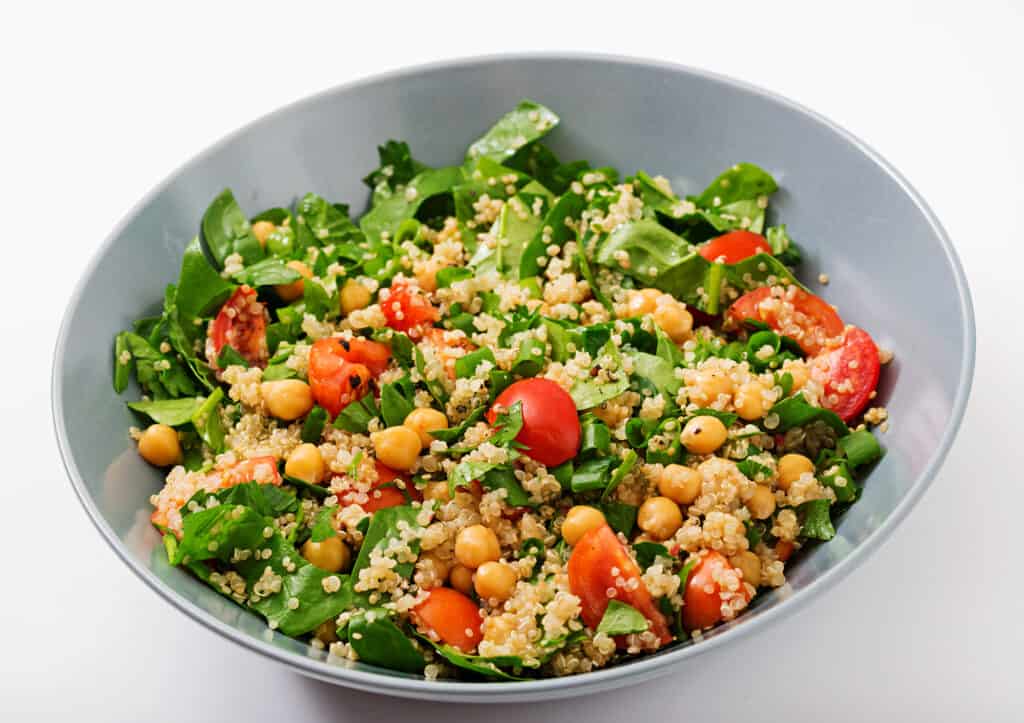Do you suffer from frequent heartburn, a burning sensation in your chest, or a bitter taste in your mouth? These are all classic symptoms of acid reflux, a condition where stomach acid flows back into the esophagus. It can be uncomfortable, frustrating, and, if left untreated, lead to more serious issues like damage to your esophagus. But the good news is, with some simple diet and lifestyle changes, you can keep acid reflux in check.
What Exactly Is Acid Reflux?
Acid reflux occurs when the lower esophageal sphincter (LES), a muscle at the entrance of your stomach, doesn’t close properly. This allows stomach acid to creep back up into the esophagus, causing that familiar burning sensation. While medication can help, it’s not always the only solution. Making mindful adjustments to what you eat and how you live can play a significant role in managing and even preventing flare-ups.
Diet Changes to Help Control Acid Reflux
What you eat has a direct impact on effectively controlling reflux. Certain foods are known to trigger symptoms, while others can help soothe your digestive system. Here’s how you can modify your diet to manage acid reflux more effectively.
Avoid Trigger Foods
One of the first steps to controlling acid reflux is identifying and avoiding foods that set it off. Everyone’s triggers can be different, but some common culprits include:
- Spicy foods – Chili peppers, hot sauces, and other spicy dishes are known to irritate the esophagus and exacerbate reflux.
- Citrus fruits – Oranges, lemons, and grapefruits are highly acidic and can cause discomfort.
- Tomato-based products – Pasta sauces, pizza, and even ketchup can be too acidic for some people.
- Fried and fatty foods – These tend to slow down digestion, making it easier for acid to escape into the esophagus.
- Caffeine and alcohol – Both of these relax the LES, making acid reflux more likely.
Eat Smaller, More Frequent Meals
Overeating can put excess pressure on your stomach, pushing acid into your esophagus. Instead of eating three large meals a day, try spreading out smaller meals throughout the day. This keeps your digestive system from becoming overloaded and reduces the chance of acid reflux.
Stay Upright After Eating
Lying down right after a meal is a recipe for reflux. Gravity helps keep stomach acid where it belongs, so try to stay upright for at least 2-3 hours after eating. This can be as simple as taking a walk after meals, which also aids digestion.
Incorporate Alkaline Foods
Foods that are more alkaline, meaning they have a higher pH level, can help neutralize stomach acid and prevent reflux. Some alkaline-friendly options include:
- Bananas – A natural antacid, bananas are gentle on the stomach and can provide relief.
- Oatmeal – This high-fibre food is filling and helps absorb stomach acid.
- Green vegetables – Spinach, broccoli, and cucumbers are all low in acid and can soothe an irritated stomach.
Drink More Water
Water can help dilute stomach acid and wash it down into the stomach where it belongs. Aim to drink water throughout the day, but avoid chugging large amounts during meals, as this can make reflux worse by distending your stomach.
Lifestyle Changes to Help Control Acid Reflux
Beyond diet, your daily habits and lifestyle choices play a major role in managing acid reflux. Here are a few important changes you can consider making.
Maintain a Healthy Weight
Carrying extra weight, especially around the midsection, can put additional pressure on your stomach, pushing acid up into the esophagus. By maintaining a healthy weight, you can reduce this pressure and the frequency of reflux. Even a small amount of weight loss can make a significant difference.
Avoid Eating Late at Night
Late-night snacks might be tempting, but eating too close to bedtime can make acid reflux worse. Aim to have your last meal at least 3-4 hours before going to sleep, allowing time for your stomach to digest before you lie down.
Elevate the Head of Your Bed
If nighttime reflux is a problem, elevating the head of your bed by 6-8 inches can help. This slight incline keeps gravity on your side, helping to prevent acid from traveling up into the esophagus while you sleep.
Quit Smoking
If you’re a smoker, quitting is one of the best things you can do to manage acid reflux (and your overall health). Smoking weakens the LES, making it easier for acid to travel back up into the esophagus. Giving up cigarettes can help strengthen that muscle and reduce the frequency of reflux.
Manage Stress
While stress doesn’t directly cause acid reflux, it can worsen symptoms and lead to poor habits like overeating or skipping meals, which in turn trigger reflux. Incorporating stress-reducing practices like yoga, meditation, or deep breathing exercises can have a positive impact on both your mental health and your digestive system.
The Bottom Line
Dealing with acid reflux can be frustrating, but you don’t have to live with constant discomfort. By making mindful changes to your diet and lifestyle, you can significantly reduce your symptoms and improve your quality of life. Start by identifying your personal triggers, eating smaller meals, and making other small adjustments, and you’ll likely notice a big difference in how you feel.





